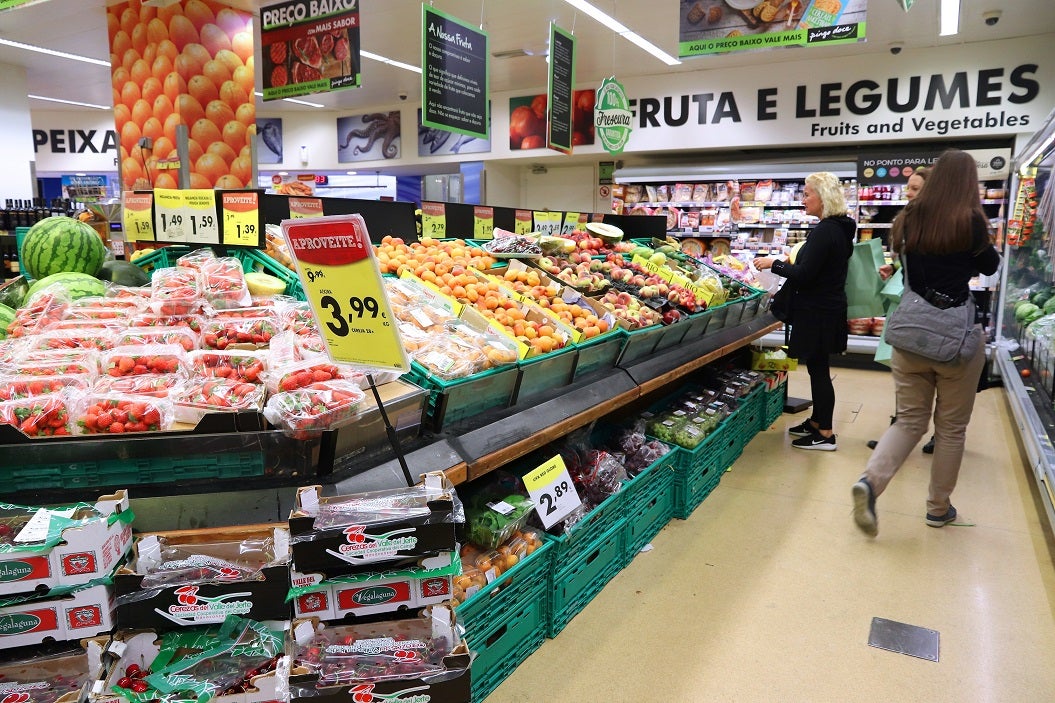
Portugal has extended zero VAT on a range of “essential” foodstuffs until the end of the year at a cost to the government of €140m ($149.8m).
First introduced in April for six months, the tax holiday applies to 46 everyday food products from fruit and vegetables, to meat, fish, dairy and bread, Minister of the Presidency Mariana Vieira da Silva revealed yesterday (7 September) following approval of the VAT extension by the Council of Ministers.

Discover B2B Marketing That Performs
Combine business intelligence and editorial excellence to reach engaged professionals across 36 leading media platforms.
In a statement, the government said the initial phase of zero VAT had led to an almost 10% drop in prices for consumers from 17 April to 28 August.
Da Silva said at a follow-on press conference yesterday the VAT measure was a “success” and “led to an effective and proportional reduction in the price of the essential healthy food basket”, adding Portugal’s Economic and Food Safety Authority (ASAE) carried out the assessment.
She called out the easing in Portugal’s food inflation to 7.3% in August from 8.6%, more than half the pace of the 15.4% before the zero VAT was introduced in April. However, da Silva said the rate of price increases was “still higher than our medium-term objective”, hence the decision to extend the tax window to year-end.
“Zero VAT emerged following a tripartite pact signed between the government and the food production and distribution sectors, with the aim of combating the effects of inflation on family income,” the statement read.

US Tariffs are shifting - will you react or anticipate?
Don’t let policy changes catch you off guard. Stay proactive with real-time data and expert analysis.
By GlobalData“The 46 products that make up the list were chosen taking into account the Ministry of Health’s healthy food basket and data from distribution companies on the products most consumed by the Portuguese.”
Another European country, France, has also taken measures to combat high food costs, reaching an agreement with producers last month to either freeze or cut prices on a range of goods, including food.
Hungary, too, instigated a programme last year to cap prices before that measure ended in August. It was replaced by an alternative scheme in June, raising the so-called mandatory discounts levy to 15% from 10% covering a basket of 20 food items.





